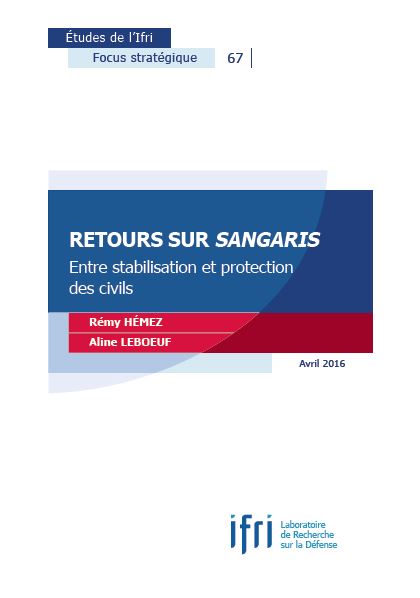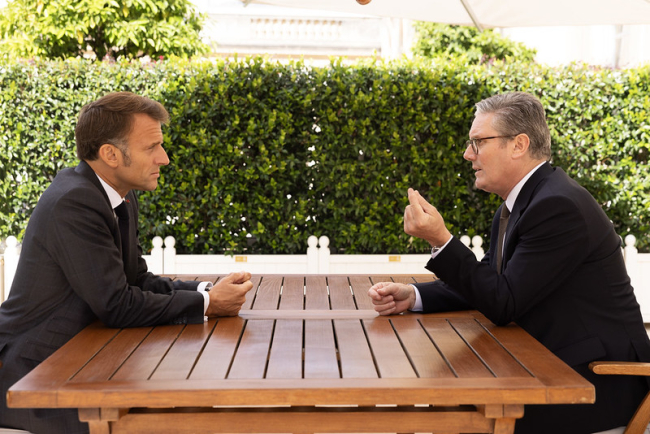Retours sur Sangaris. Entre stabilisation et protection des civils

In December 2013, France launched its operation Sangaris in the Central African Republic. What conclusions can be drawn for the stabilization of the country and the protection of civilians?
In December 2013, a decade-long political crisis in the Central African Republic descended into an aggravated civil war giving reasons to fear for mass violence along communal lines. In order to prevent further chaos, United Nations mandated France to engage in a military intervention, its seventh in this country since 1960. As a bridging operation, Sangaris aimed at setting the right conditions for the EU and UN peacekeeping missions to provide longer term security and development guidance. More than two years after its start, time has come to assess operation Sangaris’ military effectiveness in the light of the limited means it was allocated. To some extent, the operation showed how lack of resources could be offset by tactical and operational adaptations. Nevertheless, such adjustments are not risk-free and may decrease operational sustainability. The second key issue is the protection of civilians. When resources are limited, “protecting means choosing”, i.e. confronting difficult dilemmas that political and military decision-makers need to be aware of before engaging in such tasks.
This content is available in French: « Retours sur Sangaris. Entre stabilisation et protection des civils ».
Related centers and programs
Discover our other research centers and programsFind out more
Discover all our analysesSaudi Arabia’s Nuclear Temptations. Lessons Learned from Regional Instability
Saudi Arabia’s integration in the international arena and regional stability, notably through reducing its dependence on fossil energies, are crucial elements for the success of the Kingdom’s Vision 2030, the Crown Prince’s top priority. However, Mohammed bin Salman’s declarations in 2018 and 2021, indicating that “if Iran develops a nuclear bomb, we will follow suit as soon as possible”, combined with the recent strikes on key Iranian nuclear facilities, do not bode well for the future of the Kingdom, the region and the non-proliferation regime at large.
The Future of Air Superiority. Command of the Air in High Intensity Warfare
Air superiority, understood as control of the air, is a cornerstone of the Western art of warfare. It is a decisive condition, albeit not sufficient by itself, to achieve military victory, as it enables the concentration of air power toward the achievement of wider strategic objectives and protects other components from unbearable attrition levels. It is best achieved through the offensive use of air power in a joint effort to neutralize the enemy’s air power.
Europe Uncovered?
As Russia continues to threaten Europe, the Trump administration is making no secret of its desire to withdraw—at least partially—from the defense of the Old
Continent in order to focus on strategic competition with China. It is thus putting pressure on its European allies to increase their investment in the military sector. The NATO Summit in The Hague in June 2025 resulted in ambitious commitments by member states to increase their defense spending.
How should Britain and France cooperate to realise the Northwood Declaration?
During his state visit to the United Kingdom (UK) last week, Emmanuel Macron, President of France, signed a joint declaration with Sir Keir Starmer, Prime Minister, on nuclear cooperation between Britain and France. The Northwood Declaration highlights that while both countries’ nuclear arsenals remain sovereign, cooperation on nuclear deterrence can ‘contribute significantly’ to the security of the North Atlantic Treaty Organisation (NATO) and the Euro-Atlantic region.















